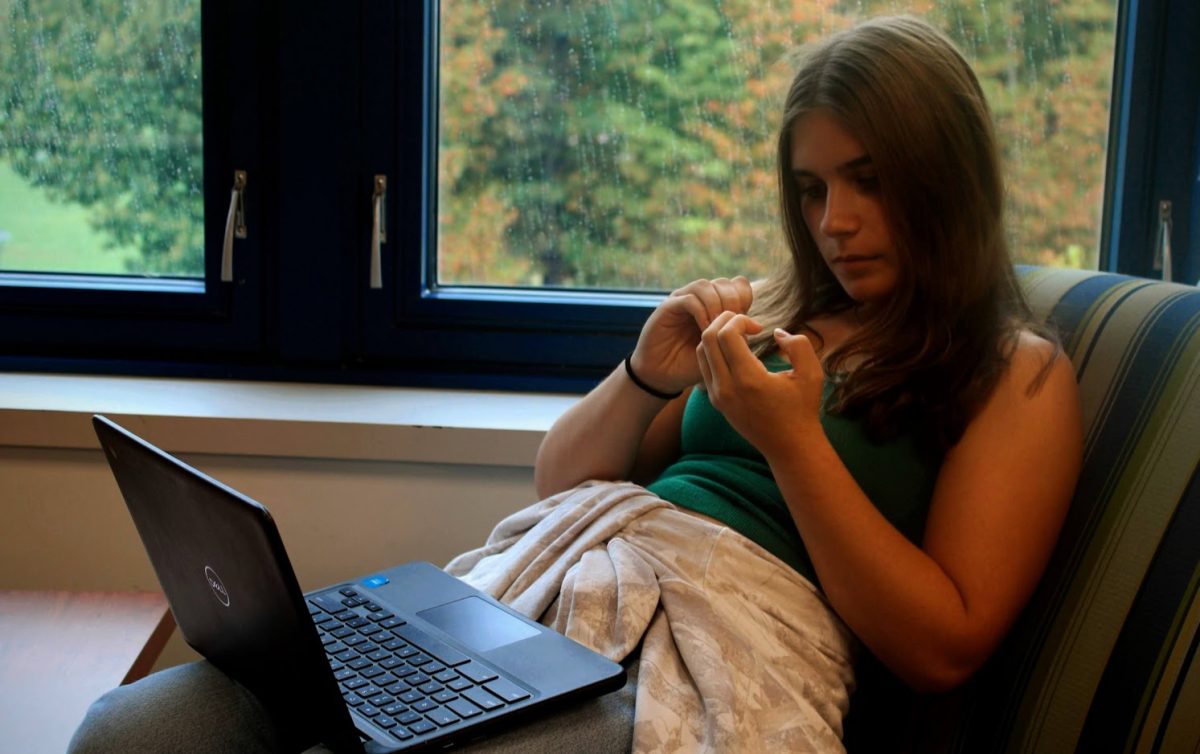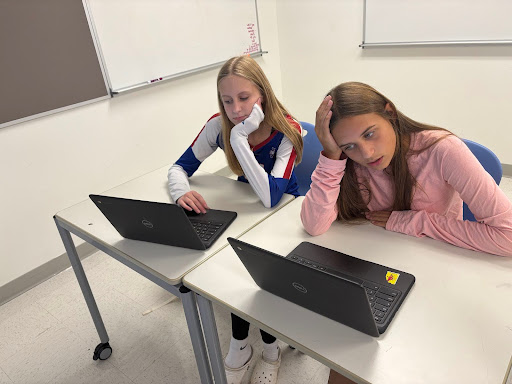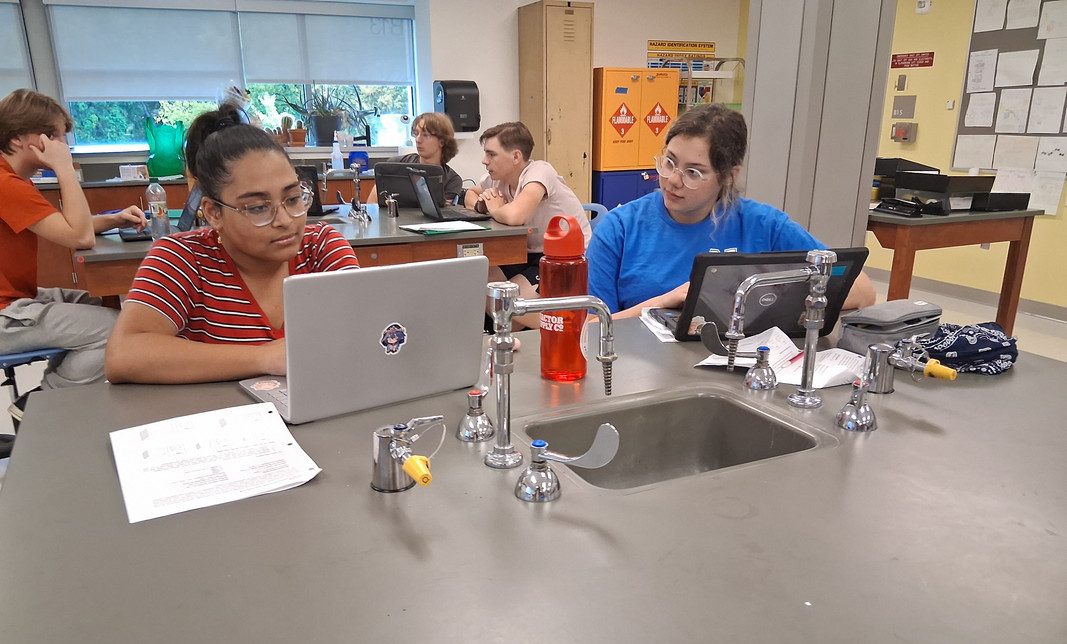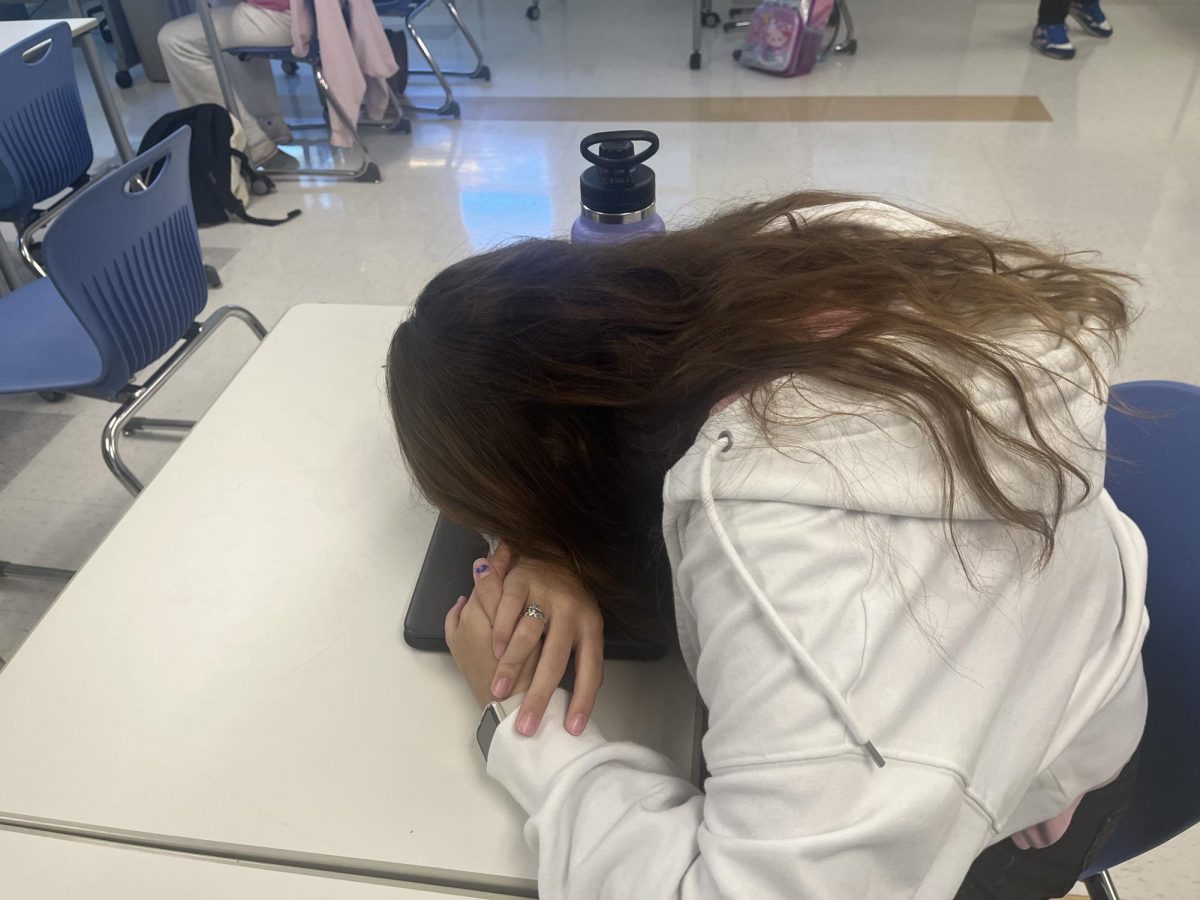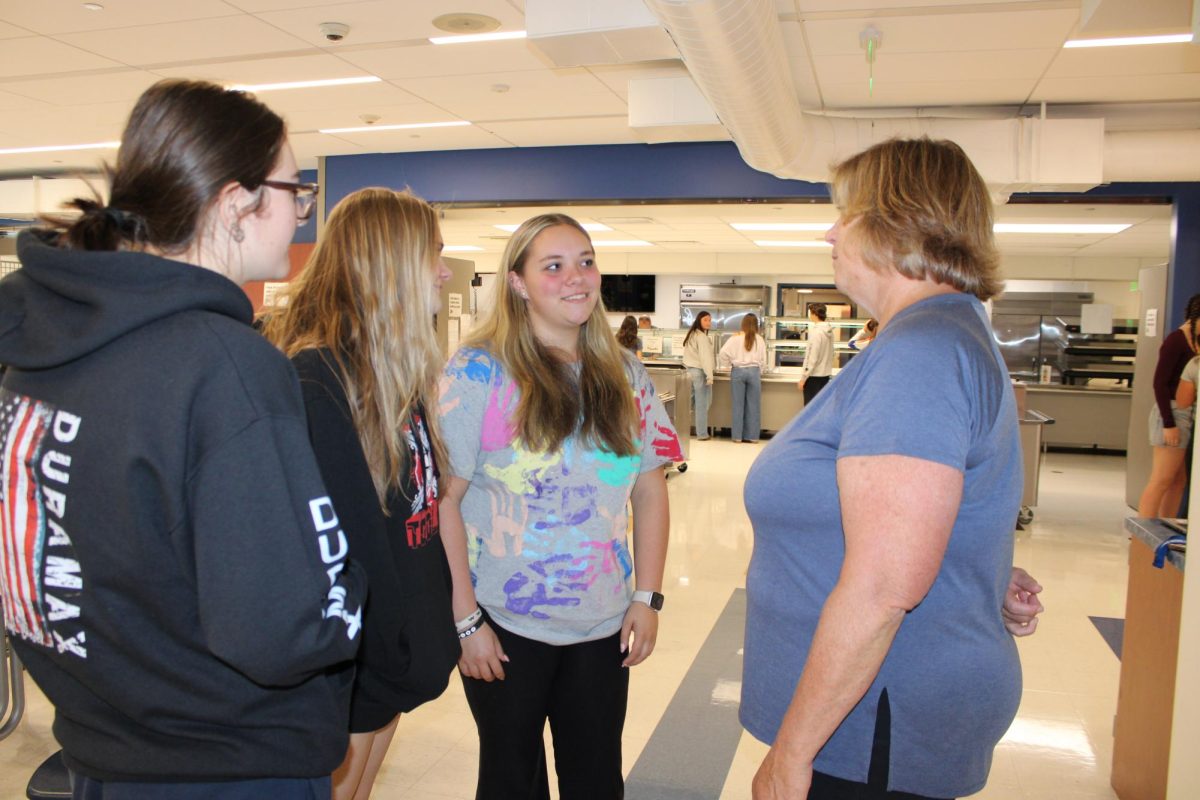WOODBURY — I’m writing this article just hours before the deadline, and that’s exactly why procrastination is worth talking about.
Procrastination is something nearly every student faces. Between sports, social life, and the distraction of phones, work often gets pushed aside until the last minute.
For some, the habit of procrastinating adds high stress. Students and faculty at NHS are no stranger to this phenomenon.
“The work doesn’t go away,” NHS science faculty member Melissa Hodges said. For students and faculty alike, next week brings the end of marking period one, and this year, rolling grades are a thing of the past, and procrastination is something that needs to be tackled. “You’re just giving yourself more stress in the future.”
For others, that rush of pressure can help them focus as deadlines draw near. Almost like a burst of energy right before time runs out. This split is what makes procrastination such a complicated habit to understand. However, whether procrastination helps or hurts depends on who you ask.
“I don’t think it is a dangerous habit,” NHS foreign language faculty member Kate Peterson says. “For some of us that procrastinate, we end up getting a lot done in the time between talking about doing something and actually completing it.”
Peterson’s perspective shows that procrastination can sometimes create productivity in unexpected ways.
Teachers spot the effects of procrastination every day. They notice when assignments are missing details or when students hand in something that feels rushed. At the same time, procrastination isn’t just unique to students.
Teachers themselves admit to putting things off; it’s something everyone battles every day.
“Deadlines stress me out sometimes, but they actually help me focus more,” says NHS math faculty member Ray Robillard. “I know I’ll put things off, so I’ve gotten better at forcing myself to get things done. The first step is realizing you procrastinate, then finding ways to fix it.”
In the end, procrastination can be powerful. The habit won’t vanish overnight, but paying attention to it now may be the first step in changing it later.
Some students admit they can’t stop putting things off. They are aware of it, but it’s certainly hard to control.
Procrastination isn’t just about time, but also about the stress it creates.
“If you procrastinate, the work doesn’t disappear,” junior at NHS Isabella Zakrzewski says. “You just make it harder for yourself later.”
For NHS’ senior class, procrastination has become a dangerous thing. With college applications and Common App on the horizon, seniors understand waiting to accomplish what’s truly important isn’t something that can wait.
“The essay took the longest because I needed to find the right topic,” NHS senior Mia Salisbury says. “It was very important to my application.”
Despite the gravity of what lies ahead for NHS’ senior class, and the cost of procrastinating, the habit is a hard one to kick.
“People who struggle with procrastination often don’t know how to start, and perfectionism makes it even harder,” Peterson says. “They feel the weight of leaving things unfinished, can’t always handle the pressure, and sometimes freeze because they want everything to be perfect.”



